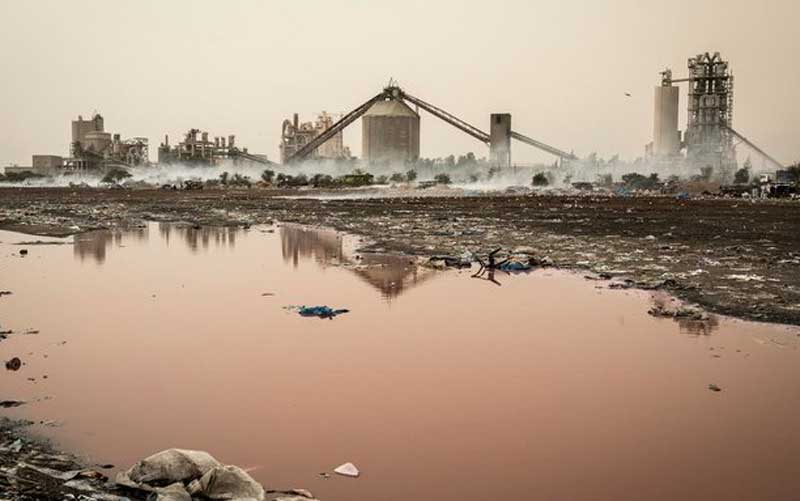×
The Standard e-Paper
Smart Minds Choose Us

The view from Bargny: The small Senegalese village is caught between a cement victory, artisanal fish smokers and the plastic-strewn tide of the Atlantic . [AFP]
Medza remembers the coastline of his native Senegalese town of Bargny as a place where he fished and played as a child before it became a festering rubbish dump.